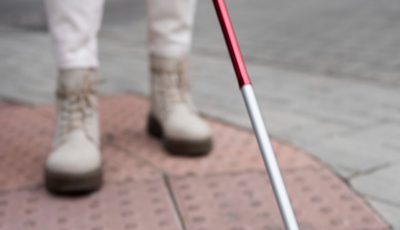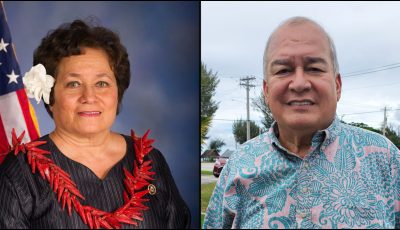BREAKING NEWS: 240-day grace period for CW renewals finalized
It becomes effective on Feb. 14, 2016
WASHINGTON, D.C.—The U.S. Secretary of Homeland Security, Jeh Johnson, has signed the final rule allowing CW-1 workers in the Northern Mariana Islands to keep working, if their permit renewal has been delayed.
The rule will be published officially in the Federal Register on Friday, Jan. 15, and becomes effective 30 days later. It is available for public inspection at the Federal Register website. When effective, the rule will provide a 240-day grace period for CW workers to continue working, if an application for a new permit was filed before the old permit expired and if the new permit is still awaiting approval.
“It is about time,” Delegate Gregorio Kilili Camacho Sablan (Ind-MP) said. “The disruption to the Northern Marianas economy, the lost income for businesses and workers—that is still going on—would have been completely avoided, if USCIS had not waited over a year and a half to finalize this rule.
“The law extending federal immigration to the Marianas specifically said it should be implemented in a way that minimizes adverse economic impact. Many times over the last seven years USCIS has made choices that were consistent with that requirement to minimize negative impacts, and we should not forget that. But not this time. The delay in approving this rule has definitely hurt the people I represent.”
Sablan said the new rule is an improvement to the immigration system overall, but not a solution to the ongoing problem of delayed CW processing.
“I call on the the U.S. Citizenship and Immigration Services to continue to use all its resources to clear the backlog of CW applications as quickly as possible, so that the Northern Marianas can get back to business.”
Sablan spoke directly with USCIS Director León Rodríguez on Jan. 3 to demand action on the processing delay and make clear what it costs Marianas businesses and workers. And the congressman met last week directly with the USCIS staff in California who are responsible for the processing to drive that point home.
Sablan also urged Rodríguez to get the 240-day rule approved immediately.
The rule was originally opened for public comment on May 12, 2014 in response to a Dec. 20, 2012 request from the Saipan Chamber of Commerce, the Hotel Association of the Northern Mariana Islands, and Society for Human Resource Management CNMI. All six comments received by USCIS favored the 240-day grace period for delayed processing.
The rule fixes an inconsistency between the way CW-1 renewals are treated and the way that CW-1 petitions for workers who change employers are treated. Currently, a CW-1 worker who changes employer may continue working for up to 240 days while the new employer’s petition is pending. In the case of renewal petitions, however, the worker cannot stay on the job once their permit has expired, even if a petition for renewal was filed months in advance. The new rule means that the workers who are being renewed will get the same extended work authorization as workers who are transfers from one employer to another or who are terminated and then find a new employer.
Once the new rule goes into effect on Feb. 14, any worker, whose employer files a renewal petition before the worker’s CW-1 permit expires, will be able to stay on the job legally for up to an additional 240 days.
The new rule also covers workers with H-1B1 or E-3 visas. The H-1B1 program allows employers to temporarily employ foreign workers from Chile and Singapore in the U.S. on a nonimmigrant basis in specialty occupations. The E-3 does the same for workers from Australia. Both categories have annual numerical caps, similar to the cap on CW-1 permits.
The rule may be accessed at https://s3.amazonaws.com/public-inspection.federalregister.gov/2016-00478.pdf. (Office of the Delegate)



























